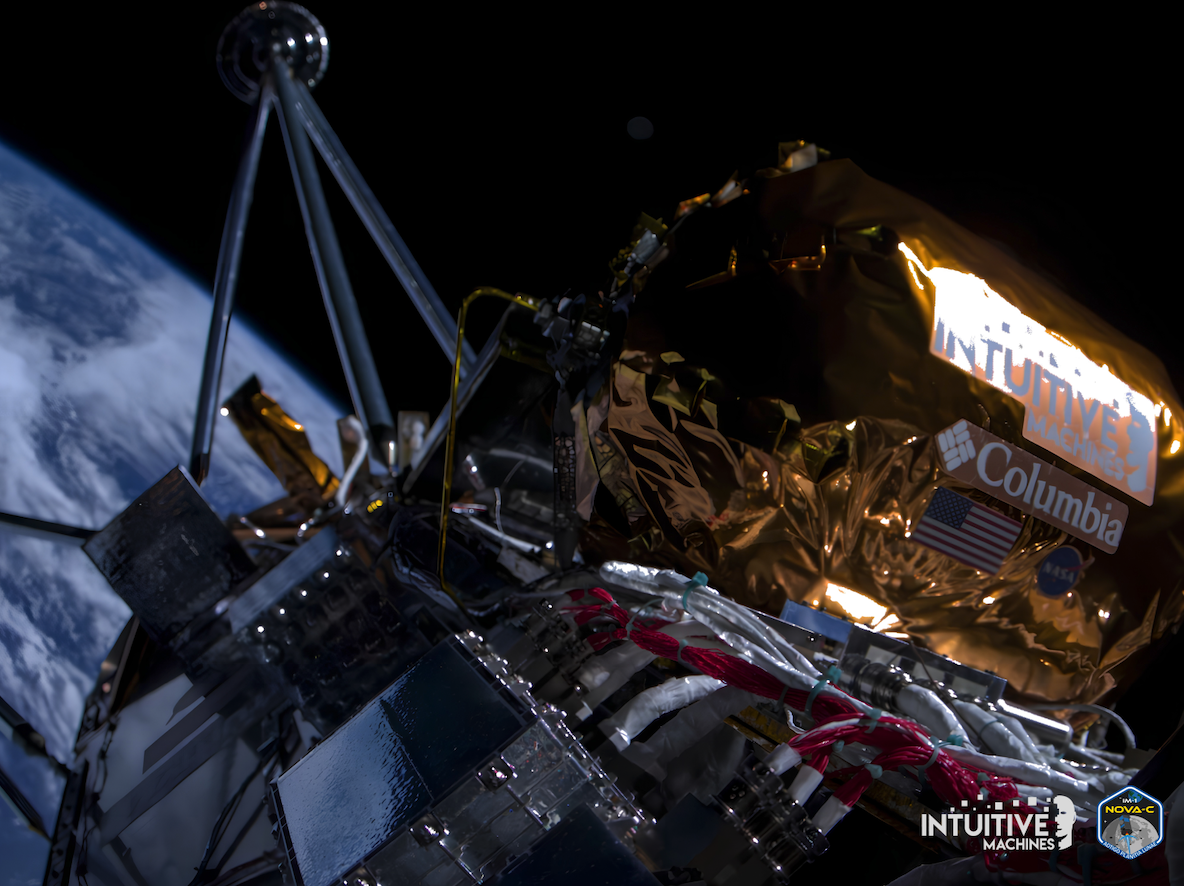News & Events
Mon, Jul 28, 2025
NCCN Meeting & Events Calendar
View upcoming NCCN Meetings & Industry Events on our NCCN Calendar of Events
SACNAS NDISTEM Conference 30 Oct - 1 Nov 2025, Columbus, OH
AGU25: 15-19 December 2025, New Orleans, LA
AAS Winter: 4-8 January 2026, Phoenix, AZ
Upcoming Webinars in 2025, look for zoom registration links in your email:
October: NASA's TESS Mission Data Science
November: Europa Clipper & Hydrothermal Seafloor Systems
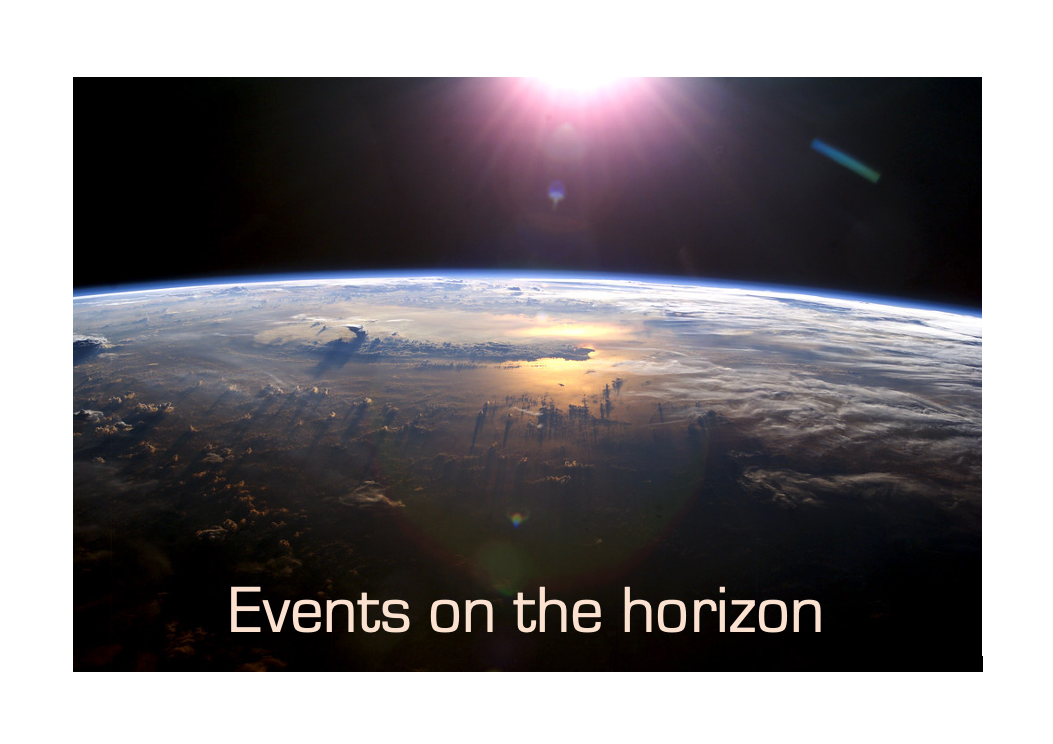
Thu, Jun 26, 2025
Likely Saturn-Mass Planet Imaged by NASA Webb
Astronomers using NASA’s James Webb Space Telescope have captured compelling evidence of a planet with a mass similar to Saturn orbiting the young nearby star TWA 7. If confirmed, this would represent Webb’s first direct image discovery of a planet, and the lightest planet ever seen with this technique outside the solar system.
Link to NASA Press Release
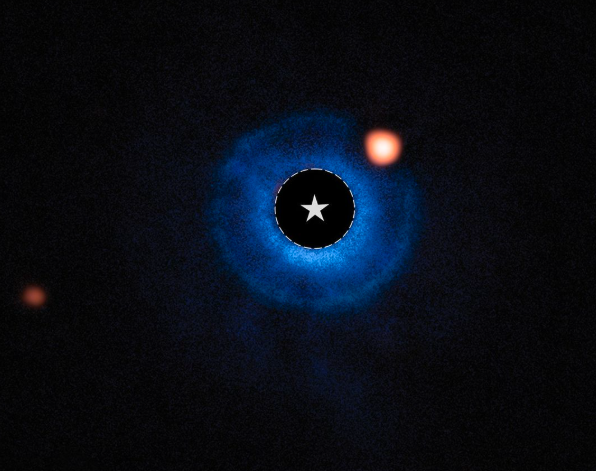
Fri, Mar 14, 2025
Lunar Eclipse from the Moon
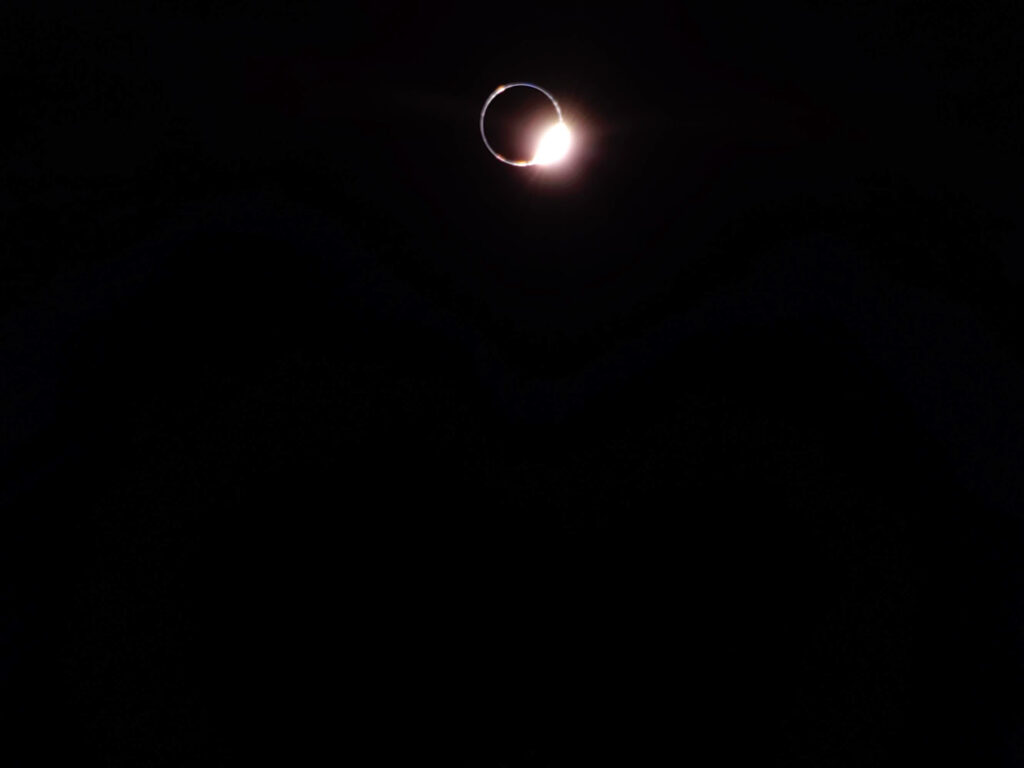
Mon, Dec 16, 2024
NASA’s Webb Finds Planet-Forming Disks Lived Longer in Early Universe
In 2003, Hubble provided evidence of a massive planet around a very old star, almost as old as the universe. Such stars possess only small amounts of heavier elements that are the building blocks of planets. This implied that some planet formation happened when our universe was very young, and those planets had time to form and grow big inside their primordial disks, even bigger than Jupiter. But how? This was puzzling.
For more information, click here for the NASA article.
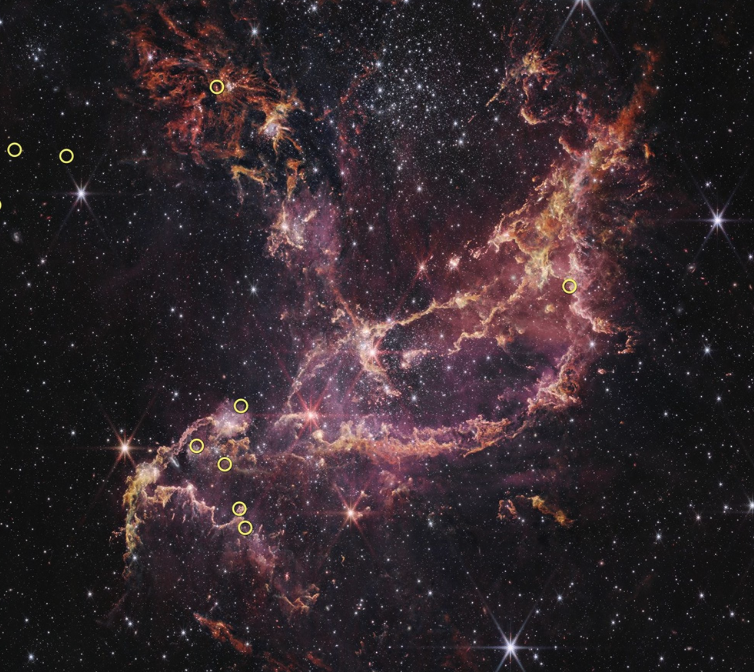
Mon, Oct 14, 2024
Europa Clipper Launch - Signal Acquired !!
NASA’s Europa Clipper spacecraft — designed to explore its namesake, Jupiter’s moon Europa — launched aboard a SpaceX Falcon Heavy rocket Monday at 12:06 p.m. ET from NASA’s Kennedy Space Center in Florida. The event streamed live on NASA’s website.
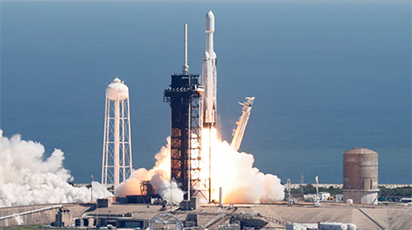
Mon, Jul 01, 2024
NCCN Community College Receives NASA MUREP Project Funding
NASA has selected 23 minority-serving institutions to receive $1.2 million to grow their research and technology capabilities, collaborate on research projects, and contribute to the agency’s missions for the benefit of humanity.
While most of the funding is usually awarded to four-year universities, this cohort includes one of NCCN's community colleges - Delgado Community College, New Orleans, Louisiana, which will use their funding to provide education and access to learning about CubeSat projects.
Congratulations !!
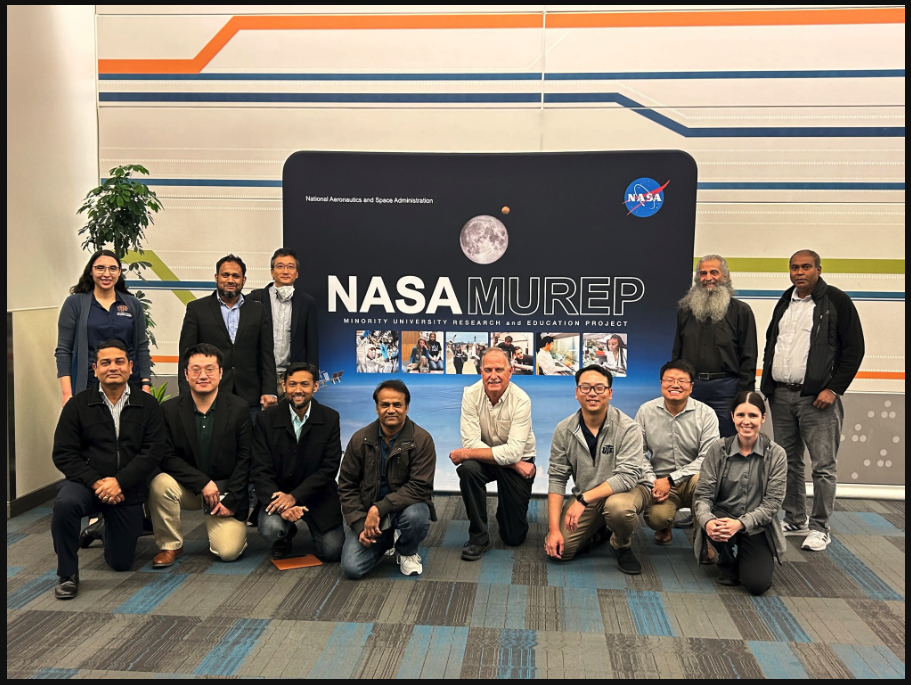
Thu, Jun 13, 2024
NASA planned spacewalk
NASA astronauts Tracy C. Dyson and Matt Dominick will exit the station’s Quest airlock to begin their spacewalk outside of the International Space Station (ISS) scheduled at 8am, Thursday, June 13, 2024. NASA coverage begins at 6 am EDT on NASA+, NASA app, and YouTube .
Click here for NASA mission updates.
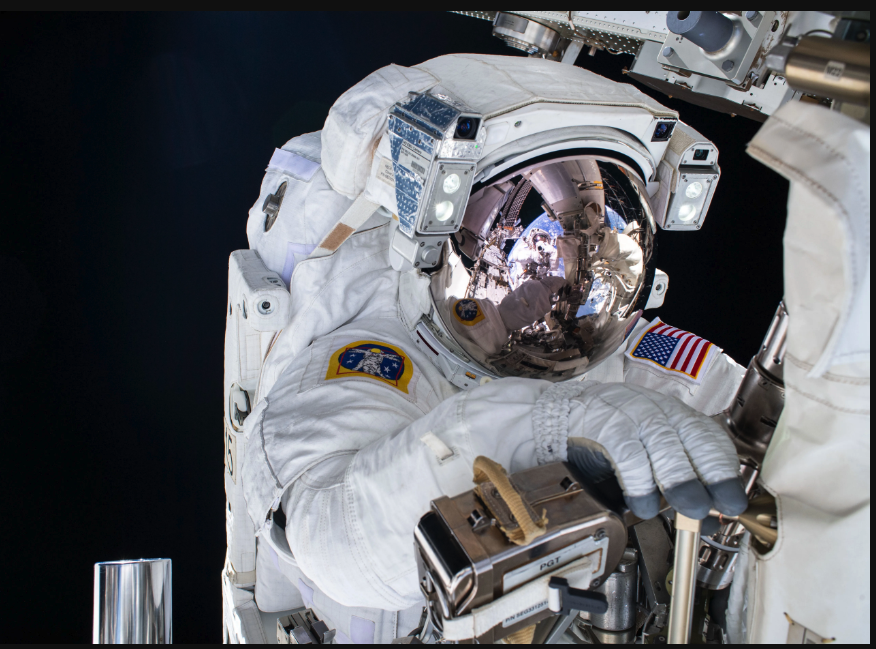
Mon, Apr 08, 2024
NASA Solar Eclipse Events 2024
On April 8, 2024, a total solar eclipse moved across North America, passing over parts of Mexico, cutting through the United States, and the edge of Canada.
View the official NASA Solar Eclipse website
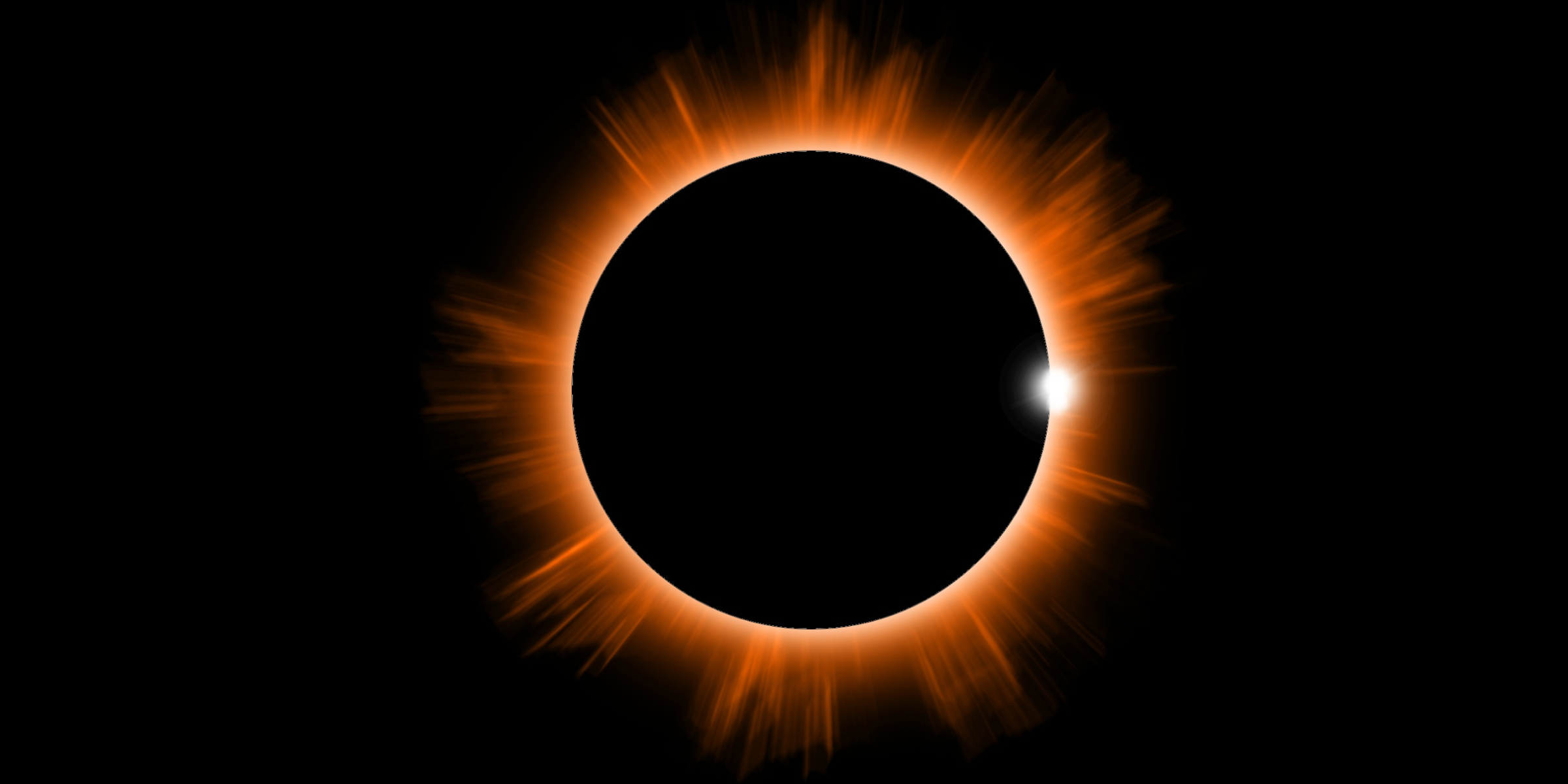
Thu, Feb 22, 2024
NASA Science Returns to the Moon with Intuitive Machines-1 Lunar Landing
Intuitive Machines’ IM-1 mission made history on Feb. 22, with the first successful Moon landing by a company.
Carrying NASA science and technology to the Moon, Intuitive Machines’ uncrewed lunar lander touched down at 5:23 p.m. CST on Thursday. The instruments aboard Odysseus will prepare NASA for future human exploration of the Moon under Artemis.
Updates here: blogs.NASA.gov/Artemis
